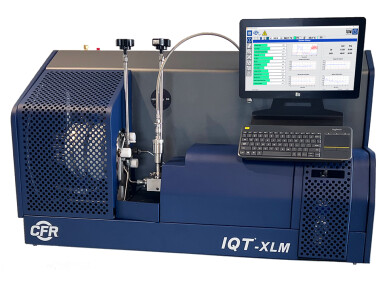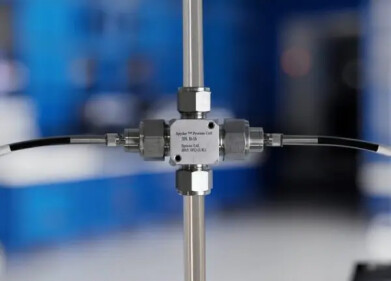Analytical Instrumentation
What Are Ultra Low Emissions Streets?
Sep 07 2018
Having successfully cut CO2 emissions from fossil fuels by 2.6% in 2017and pledging to ban sales of all new diesel and petrol vehicles by 2040, the UK doesn't shy away from its environmental responsibilities. Now, the capital is raising the bar with a radical new City Fringe Ultra Low Emission Streets plan that will see petrol and diesel cars banned from certain London boroughs during peak times.
In the wake of a public consultation, Hackney and Islington have introduced Ultra Low Emissions Vehicle (ULEV) Streets plans that ban petrol and diesel-powered vehicles from entering specific zones from 7am to 10am and 4pm to 7pm, Monday to Friday. Instead, users of the streets are restricted to driving low emissions vehicles or embrace alternative modes of transport like walking or cycling. The strict rules enforce an emissions limit of 75/kg of CO2, which means only the cleanest of electric cars, hybrids and hydrogen vehicles will be allowed to enter. Automatic number plate recognition cameras will be used to enforce the ban, with £130 fines issued to drivers who breach the rules.
London takes a hard-line approach to clean air
Feryal Demirci, Labour Councillor for Hoxton East & Shoreditch and Deputy Mayor and Cabinet Member for Health, Social Care, Transport and Parks asserts the new City Fringe ULEV Streets plan will help improve air quality in the capital and encourage Londoners to embrace cleaner, more eco-friendly modes of transport.
“The streets around Shoreditch suffer from some of the worst air quality in London. Ultra low emission streets will have reduced levels of air and noise pollution, make it easier and safer to walk and cycle and improve the character of the area for all residents and businesses," she says. “Our ultimate goal is to reclaim the streets from polluting motor vehicles – this ground-breaking scheme is the first step towards doing that.”
Cruising in the capital could cost £150 per day
Together with existing tariffs like the T-Charge and the Congestion Charge, the new ULEV zones mean highly polluting cars could face charges of over £150 per day to drive in certain areas of the capital.
Petroleum may be on its way out in London, but that doesn't mean technological advancements aren't still in the works. For a glimpse at the latest TOFMS developments don't miss 'The versatility of time-of-flight mass spectrometry for the investigation of petroleum derived matrices – from middle distillates toward vacuum residues', which spotlights the benefits of combining a high acquisition rate with high mass resolution and accuracy, as well as the capacity to obtain full mass spectral information.
Digital Edition
PIN 25.5 Oct/Nov 2024
November 2024
Analytical Instrumentation - Picturing Viscosity – How Can a Viscometer or a Rheometer Benefit You? - Sustainable Grease Formulations: Evaluating Key Performance Parameters and Testing Method...
View all digital editions
Events
Dec 03 2024 Dusseldorf, Germany
Dec 08 2024 Anaheim, CA, USA
Turkey & Black Sea Oil and Gas
Dec 11 2024 Istanbul, Turkey
Dec 19 2024 Aurangabad, India
Jan 20 2025 San Diego, CA, USA



















